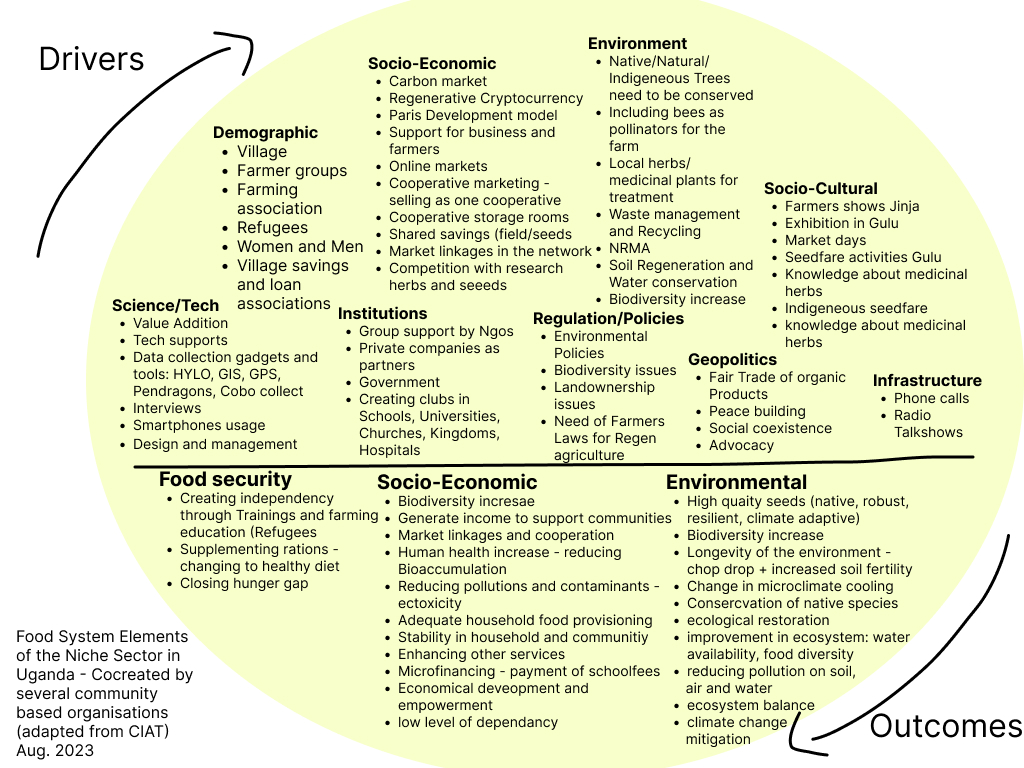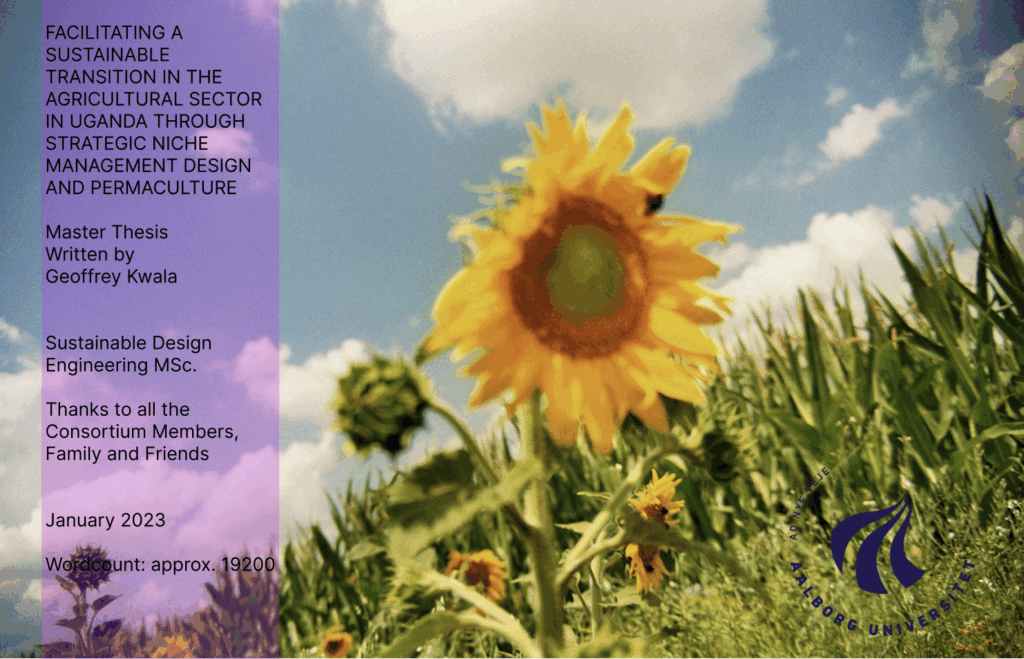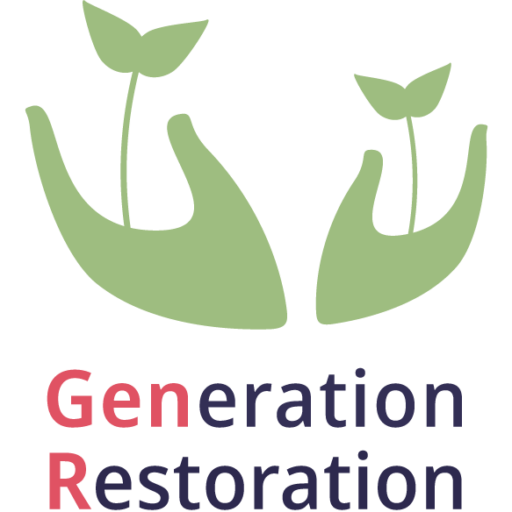
Regenerative Agriculture in Northern Uganda: How Local Actors Build a New Food System
In Northern Uganda, Ghetto Research Lab and the Uganda Permaculture Consortium are turning food insecurity into resilience through agroecology and community leadership.
What happens when regenerative pioneers, community organizers, and permaculture practitioners come together to co-create a vision for the future? In Gulu, Northern Uganda, this question was put into practice—with inspiring results that can serve as a model for other regions. At the heart of this initiative was a central question:
«How can we build a network that strengthens regenerative agriculture, enables food sovereignty, and drives systemic change—rooted in the community itself?»
Led by a local team around Geoffrey Kwala (a Ugandan currently based in Cologne), a multi-stakeholder workshop produced a powerful system map that visualizes key leverage points and challenges in building a sustainable food system. The group identified core “Niche Sector Drivers” that are especially effective in creating change.
Among the key drivers:
- Permaculture trainings & farmer-led groups
- Digital tools (e.g. GIS, mapping, Hylo)
- Local knowledge on medicinal plants & biodiversity
- Community leadership & cultural practices
The goal: A growing network that strengthens regenerative practices throughout Uganda—through knowledge exchange, collaborative learning, and systemic cooperation.

Community-driven map of food system transformation in Uganda: Key drivers and outcomes identified by local stakeholders to promote regenerative agriculture, food sovereignty, and climate resilience.
Identifying Challenges – and Co-Creating Solutions
At the same time, a co-research process was conducted with residents of an informal urban settlement in Kampala, including collaboration with the Ghetto Research Lab. The aim was a comprehensive needs assessment—not only in terms of food but also:
- Access to housing, education, and mental health care
- Circular economy and sustainable energy
- Clean drinking water and safe sanitation
- Food sovereignty and urban agriculture
The visions shared by participants are ambitious—but tangible: a sustainable urban future shaped by community-led farming, zero waste systems, and creative learning spaces.
Why This Matters to Generation Restoration
At Generation Restoration, we are committed to supporting regenerative solutions in refugee camps and vulnerable regions—from permaculture and seed production to education and network-building. The workshop in Gulu and the research in Kampala demonstrate clearly: the solutions already exist. What’s often missing is visibility and structural support.
That’s why we want to share these materials—with our network and beyond—as inspiration and as a bridge to new partnerships. They show how bottom-up initiatives can foster real resilience and contribute to the global conversation on climate justice and food security.
Further Reading:
If you’re interested in exploring the ideas behind regenerative food systems in even greater depth, we highly recommend reading the Master’s Thesis by Geoffrey Kwala:
📖 “Building Resilient Food Systems in Displacement Settings”
In his research, Geoffrey analyzes practical pathways to strengthen food sovereignty and resilience in refugee settlements, combining academic insight with real-world community experiences.

